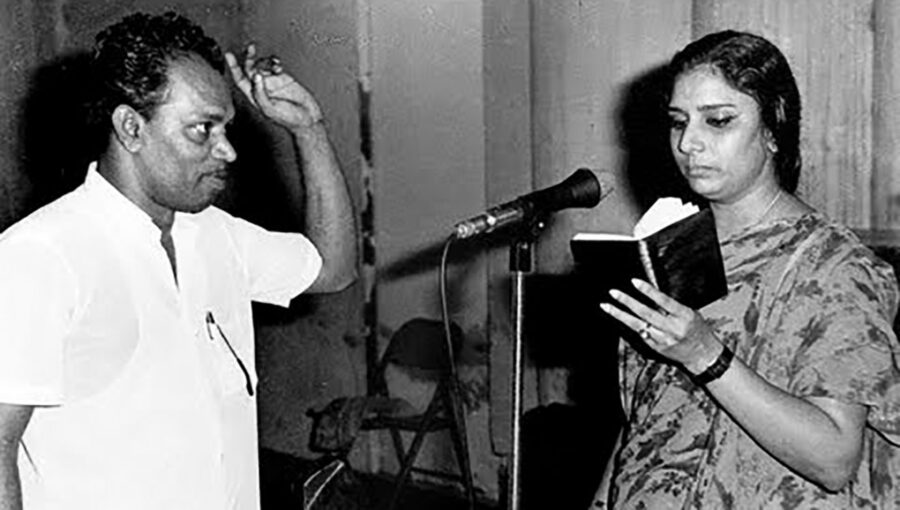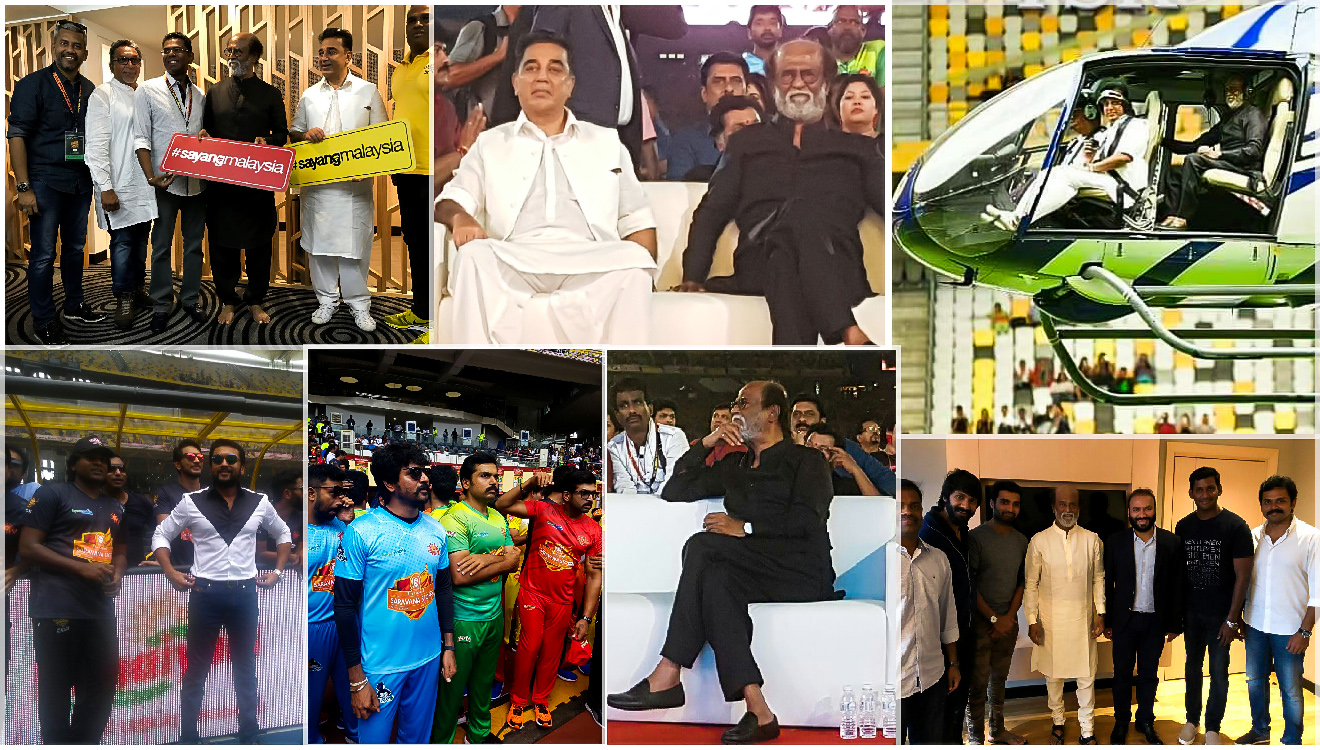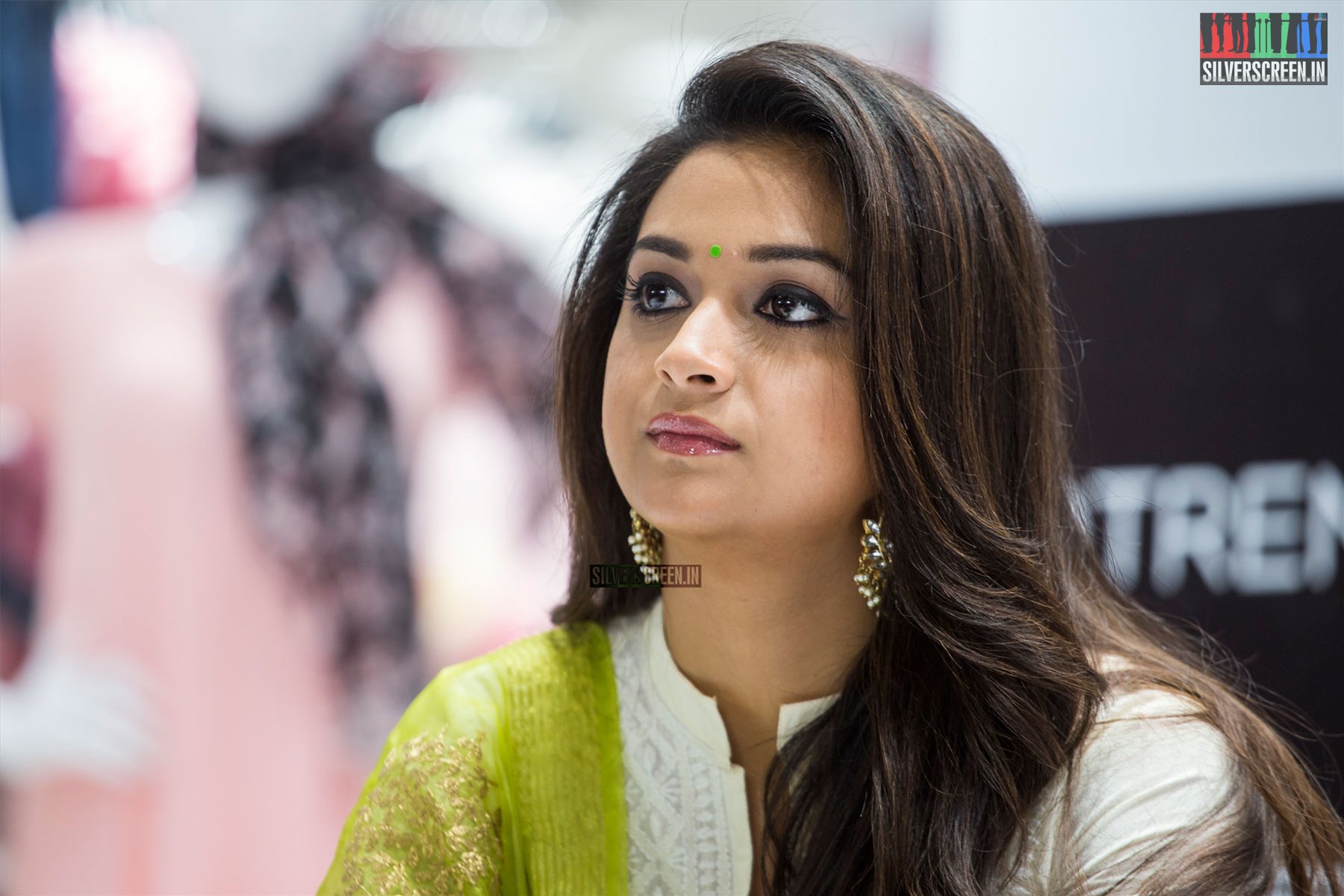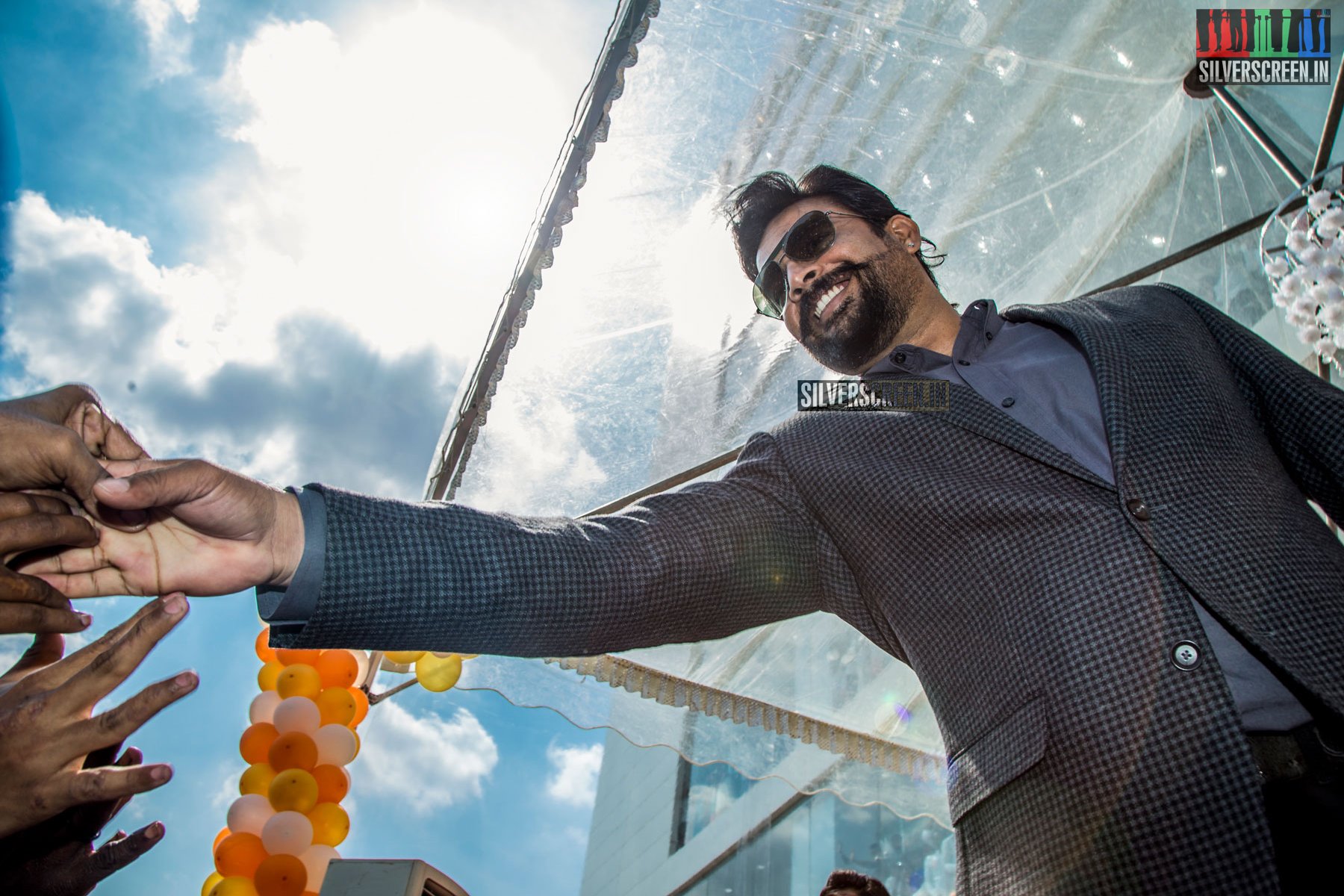Of Kozhikode’s many contributions to Malayalam cinema, the most valued has to be the touch of Hindustani it introduced to Malayalam playback music. MS Baburaj, musician and composer of several exceptional Malayalam film songs between 1957 to 1984, heralded this trend, and his legacy lives on 41 years after his death.
Baburaj, born to a Bengali musician father and a Malayali mother in 1921, grew up in Kozhikode, immersing himself in the coastal town’s bustling cultural scene. Kozhikode’s love for the Hindustani style of music, ghazals, and poetry was deep-rooted in Baburaj, who performed at soirées, mehfils and formal concerts. He also composed music for Kozhikode’s thriving theatre productions.
In 1957, he entered Malayalam cinema through Ramu Kariat’s Minnaaminungu (The Firefly). Over the next two decades, he worked in close to a hundred Malayalam films, creating songs in diverse genres. He died on October 7, 1978, in a hospital in Chennai.
Listen to Enthinu Kavilil from Minnamunungu, sung by Kozhikode Abdul Khader.
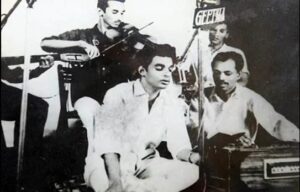
Baburaj was a master of soulful and minimalist melodies that he composed on his humble harmonium. Beneath the surface of most of his compositions is a tinge of profound sadness that beautifully plays out in songs such as Oru Pushpam Mathramen (Pareeksha, 1967). It is laden with heartache while possessing the lightness and subtlety of a ghazal. Thamasamenthe Varuvaan from Bhargavi Nilayam (1964), composed in the Hindustani raga Bhimpalasi, is easily a classic. The song, written by P Bhaskaran whose partnership with Baburaj has created several sublime compositions, encompasses the loneliness of the singer and the tender emotions the song evokes in the listener, a young girl next door. Pranasakhi Njan Verumoru from Pareeksha is a powerful composition that could stir in any heart a sense of grief. He brought his idol, singer Talat Mahmood, to Malayalam to sing Kadale Neelakadale in Dweepu (1977).
Baburaj’s great-granddaughter Nimisha Salim, an MA Literature student at Delhi University, is a vocalist who started performing at concerts in her early teens. “After coming to know that I had a taste in music, people started seeking me out to perform at concerts, like a tribute to Babukka,” she says. “No matter what other songs I perform, at the end of the day, if the audience is Malayali, they always make a request for Oru Pushpam Mathramen…”
Listen to Nimisha Salim’s rendition of Oru Pushpam Mathramen.
Nimisha is a disciple of Hindustani vocalist Ustad Faiyaz Ahmed Khan in Kochi. She was the inaugural performer at Uru Mehfil, a platform for musicians and music aficionados launched by Uru Art Harbour in Kochi, in January 2019.
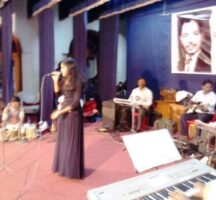
“I am connected to my great-grandfather largely by music. I grew up listening to his songs. Later, as I started paying attention to the horde of stories about him floating around, I was surprised to know that most of them were figments of imagination. Artistes belong to society, they say. The people who narrate these slices of memory want to place themselves at the center of these stories. The writers fixate on his early days of poverty or his sunset years, adding a generous dose of fiction and melodrama. The elders in my family didn’t bother to make a fuss about these fictional pieces, for they didn’t have the time or energy to do that. We, the younger generation, feel outraged when we see how many people have made money out of spreading misinformation about a genius,” says Nimisha.
When Nimisha started studying Baburaj’s music seriously, it changed her outlook on how songs were created. “I used to think of music compositions in structural terms; trying to identify the ragas and the way the notes are arranged. But, that is a lesser way of looking at a composition. You can never really decode the process of making a song like that,” she says. “In every composition, he used one note – an odd outlier – that tremendously changed the nature of the song and added to its beauty. We call that note kalla katta. How do you, for one, explain that?”
“There are many undiscussed gems in his body of work. He has composed songs in ragas like Jaunpuri that were rarely used in Malayalam playback music at that time. My grandmother has told me about the mehfils he used to conduct in Kozhikode. He would perform for many hours, playing his beloved harmonium. A lot of his impromptu compositions which he performed for his circle of friends and music enthusiasts, and the early works he did for theatre productions in Kozhikode are lost forever,” says Nimisha.
Recommended
Baburaj’s grandson Shalu Raj is involved in collecting and restoring the maestro’s songs. “He is a meticulous music collector. It’s to him I go whenever I need to know about a song,” says Nimisha. Shalu Raj’s YouTube channel has Baburaj’s rendition of many of his famous songs where the vocals are supported by just by a harmonium. In 2009, Manorama Music released Baburaj Paadunnu, a collection of Baburaj’s rendition of some of his own compositions.
Listen to Thedunnathare from Ammu (1965) in Baburaj’s voice.
***
Here are five lesser-discussed songs from Baburaj’s repertoire, as recommended by Nimisha:
- Daivathinu Prayamayi (Penmakkal, 1966)
2. Irukanneer Thullikal (Iruttinte Aathmaavu, 1967)
3. Geethe Hridaya Sakhi (Poochakanni, 1966)
4. Ponvala Illenkilum (Kuttikuppayam)
5. Valakilukkum Vaanambadi, (Mayavi 1965)
Feature image courtesy: YouTube
****
